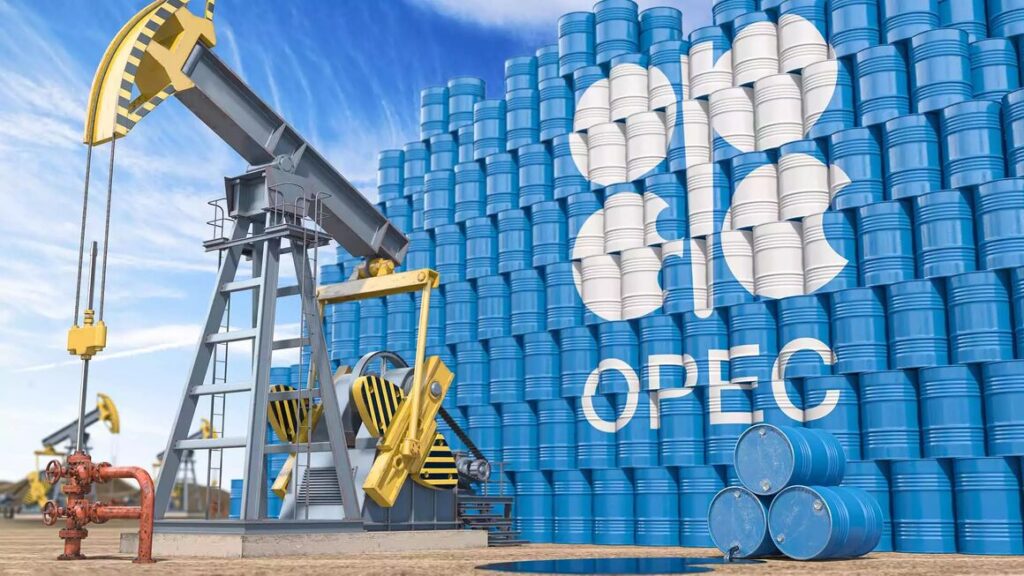In a recent development within the oil sector, sources from within the Organization of the Petroleum Exporting Countries and its allies (OPEC+), led notably by Russia, have suggested that there will likely be no change in oil output policies in their upcoming meeting.
This sentiment comes in the wake of the group’s decision to continue with their voluntary oil production reductions through to June.
The OPEC+ alliance, which encompasses key oil-producing nations, is poised for an online joint ministerial monitoring committee session aimed at evaluating the market dynamics and the execution of the agreed-upon production cuts.
Amidst a backdrop of rising oil prices, which have seen a notable increase this year due to constrained supply lines, assaults on Russian energy infrastructures, and ongoing conflicts in the Middle East, Brent crude prices soared to over $89 a barrel, marking a significant rise from the $77 benchmark at 2023’s close.
This surge underscores the heightened market volatility and the critical role of OPEC+ in stabilizing global oil markets.
Notably, the consortium, with Saudi Arabia and Russia at the helm, had previously resolved to uphold a reduction in oil production by 2.2 million barrels per day (bpd) till June’s end, a strategic move aimed at market stabilization.
Russian Deputy Prime Minister Alexander Novak underscored Russia’s commitment to this initiative, highlighting a strategic shift towards cutting oil production over exports in the forthcoming quarter to ensure an equitable distribution of production adjustments among OPEC+ nations.
The decision to extend voluntary output reductions underscores OPEC+’s strategic approach towards market stabilization and reflects a broader consensus within the group regarding the need to sustain oil prices amidst ongoing geopolitical tensions and supply disruptions.
The expiration of these voluntary cuts in June will see the group’s total reduction commitments adjust to 3.66 million bpd, a directive rooted in agreements dating back to 2022.
The JMMC, an influential panel within OPEC+ that includes key members such as Saudi Arabia, Russia, and the United Arab Emirates, plays a pivotal role in assessing policy efficacy and guiding the group’s strategic direction.
With meetings held bi-monthly, the committee has the capacity to propose policy modifications, which are then deliberated upon in full ministerial meetings that include all member states.
